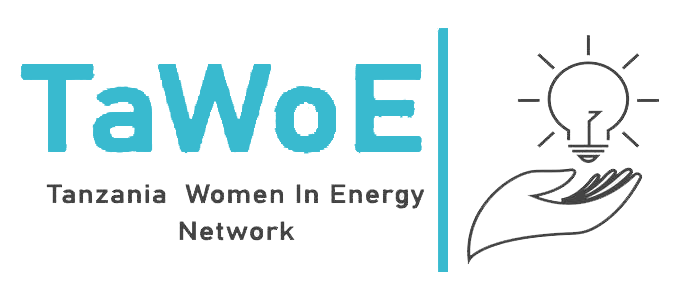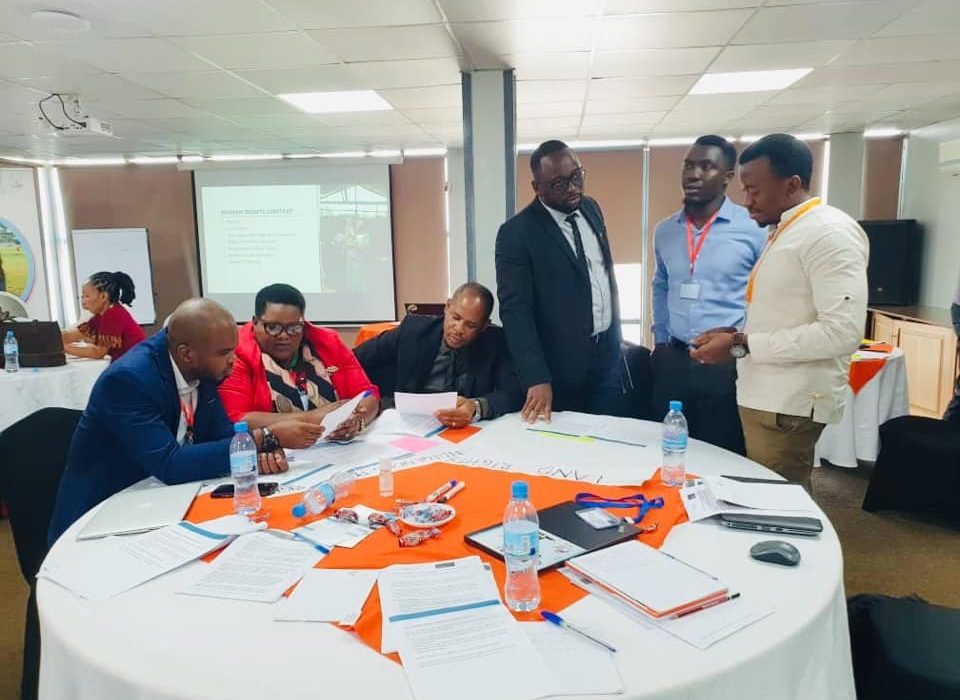Discussion on Renewable Energy
Renewable energy refers to sources of energy that are replenished naturally and can be used multiple times without being exhausted. These sources include solar, wind, hydro, geothermal, and biomass energy. With the increasing concerns over climate change and greenhouse gas emissions, renewable energy has become a crucial part of the effort to reduce carbon emissions and mitigate their impacts on the environment. Renewable energy technologies have seen significant growth in recent years with innovation and policy support. This is due to their economic and environmental benefits including reducing carbon emissions, creating job opportunities, decreasing energy costs, and improving energy security. However, the implementation of renewable energy technologies and infrastructure requires a significant investment, which can often be a barrier to entry. Despite this, renewable energy remains a critical aspect of our future energy mix, and investment in this sector will enable a sustainable energy future for generations to come.

On the first day of the Roundtable discussion on Renewable Energy,Human Rights and Sustainable Development.Tanzania Women in Energy Development with collaboration with Danish Institute of Human Rights coordinated different stakeholders :
*To jointly reflect on status of the development of renewable energy in Tanzania,with specific regard to policy and practice.
*To assess the responsiveness of core legislation,policies and regulations and the efficacy of related institutional functions,mandated and inter-institutional coordination relating to the energy sector and development of renewables,in addressing human rights protections and promoting sustainable Development.
*To collectively identify and map key human rights opportunities and challenges relating to the debt of renewable energy in Tanzania .
*To share good practices and challenges in the protection of human rights in the context of the state institutions,the business sector and civil society .
*To identify viable proposals and opportunities for enhancing the protection of human rights in the energy transition through the actions of state ,business and civil society actors.



